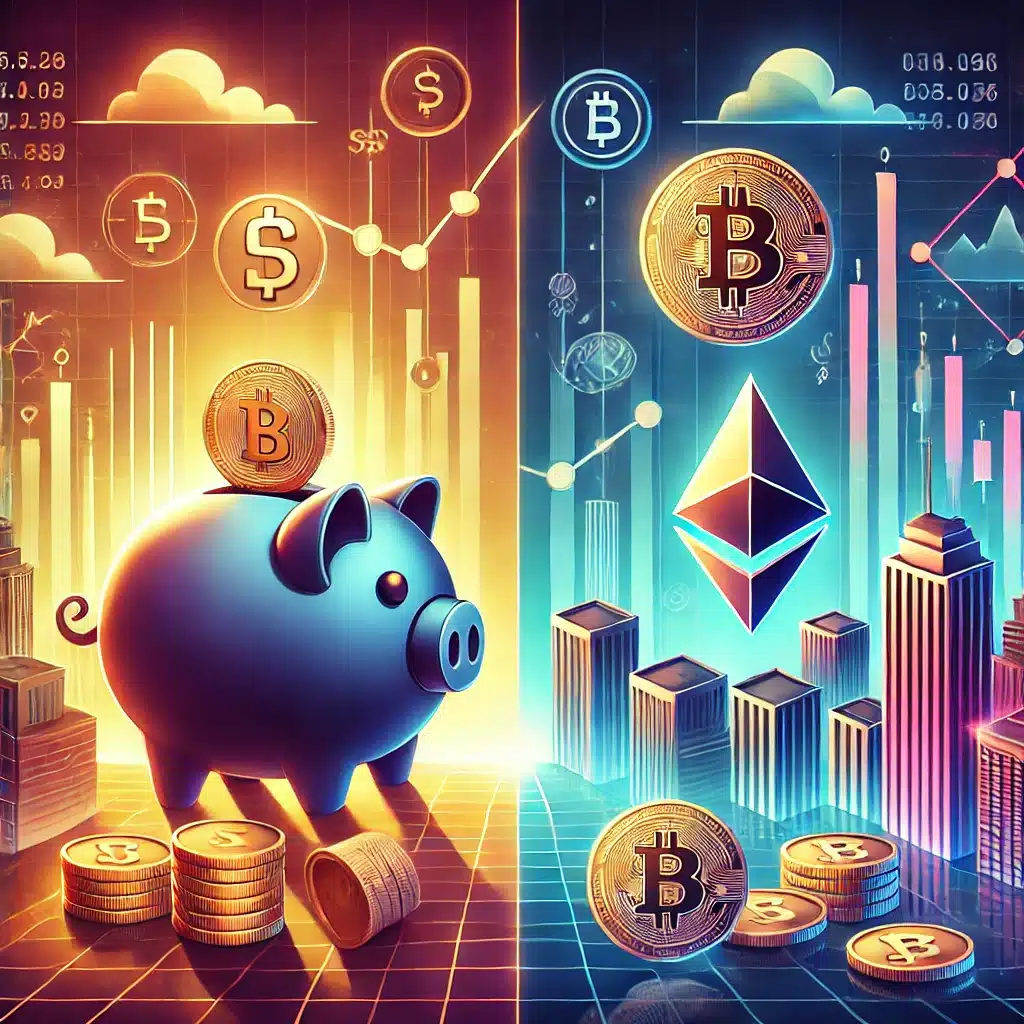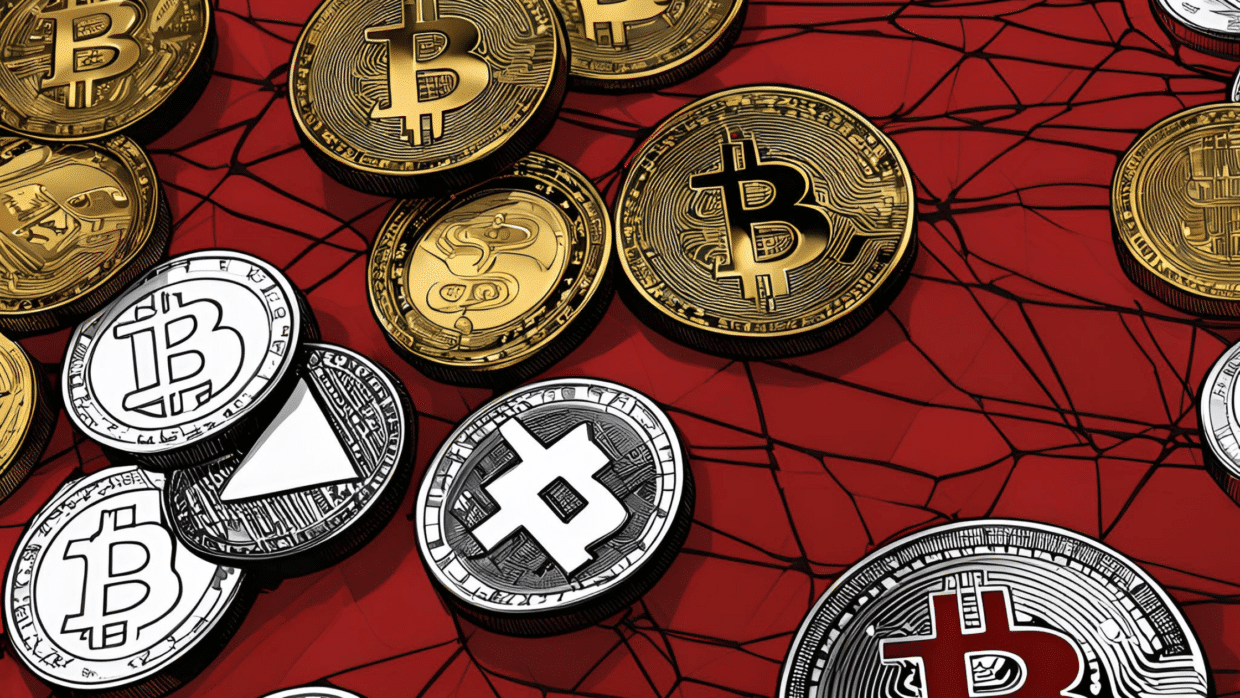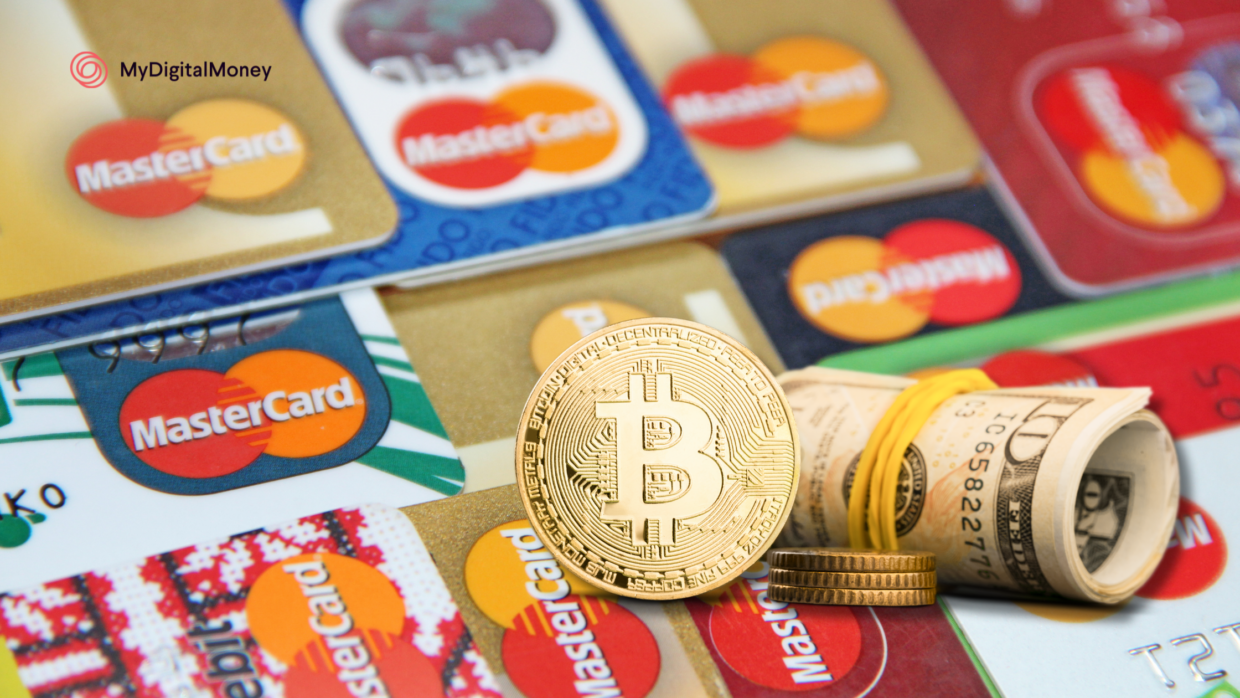People have used contracts to define and enforce the conditions of doing business for centuries. The modern world of global business and trade continues to rely on them for managing agreements and transactions. Until recently, contracts required constant oversight to ensure agreement compliance and verify transactions—an arduous and time-consuming process.
Blockchain networks, which Bitcoin introduced in 2009, changed how we view contracts. Smart contracts eliminate the need for third-party oversight by creating immutable and secure records of transactions generated automatically when the involved parties meet certain conditions.

Keep reading to learn more about smart contracts, how they work, the benefits of using smart contracts on the blockchain, and the many industries that have already successfully integrated these new technologies into their operations.
What Are Smart Contracts on Blockchain?
Smart contracts are computer programs that automate actions based on “if-then” conditions. Once the computer verifies that the conditions have been met, it executes the predetermined action, whether making a payment, transferring ownership of an asset, or even authorizing a shipment.
Smart contracts and blockchain technology work together to facilitate payments, notifications, authorizations, workflows, and more—and report these actions to an irreversible digital ledger. By automating contract execution and recording transactions on the blockchain, smart contracts provide optimized business dealings and transparent records that become immediately available to all network participants.
How Do Smart Contracts Work?
Once in place, smart contracts execute actions based on the established parameters. All parties can review the records of these transactions on the blockchain, but no single party has centralized control.
Blockchain platforms and smart contracts offer decentralized transaction management where no party can alter a completed transaction or the contract terms. All participants must agree on changes before implementation—improving trust among network participants and eliminating the need for costly third-party oversight.
Many industries use smart contracts and blockchain technology to automate transactions, collect and track performance and location data, and much more. For example, a company may use RFID chips to track cargo containers on their way to a port, in which case the censors would communicate with the blockchain platform via IoT (internet-of-things) devices.
Are Smart Contracts the Same as Automated Business Rule Software?
Although smart contracts mostly function the same way as existing software that automates business rules, they offer more complex and far-reaching applications that extend beyond the corporate world and automate the whole contractual process.
People use smart contracts in governments, healthcare, and even the gaming industry to do things that existing business rule applications simply can’t do.
What Are the Benefits of Smart Contracts?
Ever since Nick Szabo introduced the idea of smart contracts in 1994, professionals across industries have considered the possible advantages. Blockchain technology has transformed how people keep digital records, letting us view these benefits at work.
The advantages of using smart contracts include the following:
Speed, Accuracy, and Efficiency
Before smart contracts, trusted third parties had to verify conditions and file paperwork to initiate transactions, a manual process marked by human error and a significant time commitment. Automating contracts using blockchain technology overcomes these roadblocks by eliminating the human element and providing real-time execution and record-keeping as soon as circumstances meet the contract conditions.
This improved speed and efficiency allows for more time committed to other operational needs and increases the number of transactions a business can process within a given period.
Smart Contracts Are Secure
Blockchain networks prove extremely difficult to hack and alter due to high levels of encryption and, in part, on how blockchains form. Every block of information in a blockchain connects to the blocks before and after, creating immutable records that no single person can change. A hacker would have to modify the whole chain to alter the information in a single block.
Savings
Traditional contract execution requires lawyers, brokers, and other intermediaries who charge service fees and commissions. Smart contracts on the blockchain eliminate the need for third parties by automating verification and execution. Professionals also save money by eliminating the time commitments associated with manual contracts.
Clear Communication and Transparency
Because smart contracts automate record-keeping, all parties receive the same information simultaneously, effectively eliminating miscommunications. All participants can feel confident that the data they have access to represents a clear and complete picture of the contractual actions.
Applications of Smart Contracts
The first blockchain appeared in the cryptocurrency trading market, but blockchain technology and smart contracts can help professionals in many industries manage their business agreements and transactions.
You can find examples of smart contract use in various industries, from global trading to local real estate. We’ll dive deeper into some examples of smart contract applications below.
Protecting the Effectiveness of Medications
Pharma Portal, Sonoco, and IBM’s blockchain-based network for tracking medications along the supply chain is an excellent example of a smart contract application. This platform ensures that medications remain at the proper temperatures throughout transport and provides network participants with reliable real-time data.
Improving Trust in Retailer-Supplier Relationships
Smart contracts also provide accurate information to retailers, who can easily view their supply chains, track shipments, and more. By eliminating the guessing game, retailers and suppliers build greater trust in one another as business partners. No one has to wonder when a shipment or payment will appear because the smart contract monitors conditions and executes actions for them.
If you’ve ever dealt with customer invoices, you understand how tricky it can be to get paid for an already completed service. Because smart contracts self-execute actions like payments and ownership transfers, people no longer have to worry about getting paid on time.
Making International Trade Faster and Efficient
Blockchain networks like WeTrade provide companies, banks, and other international traders with a more straightforward and transparent process that raises trade efficiency. When smart contracts manage these transactions, participants enjoy a more transparent and less risky trading environment full of previously unavailable opportunities.
In What Areas Are Smart Contracts Being Used?
Many industries have already discovered the benefits of using smart contracts on the blockchain to facilitate transactions. Below, we discuss some primary sectors that have found success using smart contracts on blockchain platforms and decentralized applications (apps).
Finance
Many apps offer financial services through blockchain platforms and smart contracts. These services include trading, lending, borrowing, and other financial transactions. By eliminating intermediaries, blockchain-based financial applications offer users a new way to manage their participation in the financial industry without having to pay exorbitant fees.
The benefits of using smart contracts in finance include:
- Reduced entry roadblocks
- 24/7 access and functionality
- Decentralized custody
- No third-party fees
Many of the financial markets currently revolve around cryptocurrency blockchain platforms like Ethereum. Users can use this platform to create other blockchain applications managed by smart contracts.
NFTs and Gaming
Non-fungible tokens (NFTs) are unique cryptographic goods on a blockchain that may represent digital assets like cryptographic tokens or real-world tangible assets like real estate or fine art.
Unlike fungible tokens like Bitcoin or Ether, NFTs are not exchangeable with one another at a 1-1 ratio because each offers a unique and indivisible value.
In gaming, NFTs represent unique in-game purchases. When gaming platforms utilize blockchain technology and smart contracts, players gain the ability to sell in-game purchases to other users and transfer these NFTs to other games, which encourages improved value equitability.
Legal Industry
Smart contracts on the blockchain are already informing innovation within the legal industry. California uses blockchain technology to issue marriage licenses, and Arizona residents can now create legal contracts using smart contracts.
As state governments continue to approve new technologies as legally binding, legal applications of smart contracts will continue to develop. They potentially offer many benefits, such as faster legal transactions and reduced costs for legal services.
Real Estate
The real estate industry may also experience a reduction in fees and transaction costs thanks to blockchain technology and smart contracts. Blockchains allow for tokenizing tangible assets like real estate properties, which people can then store or transfer on digital platforms. This capability can streamline real estate transactions and eliminate brokers’ and lawyers’ fees.
Countries around the world have already begun adopting blockchains and smart contracts for real estate transactions. For example, the Republic of Georgia established a blockchain platform for registering land titles in 2016.
Blockchain technology also allows for the fractional ownership of real estate properties through tokenization, which allows a broader pool of potential investors to purchase shares of real estate assets. You can see this at work through popular platforms like SolidBlock or RealT.
Emerging Technology
Experts expect to see artificial intelligence (AI) and machine learning working hand-in-hand with blockchains as all of these technologies continue to evolve. AI has the power to expand the capabilities of smart contracts by allowing for increasingly complex applications, while the self-executed rules of a smart contract can improve the security of AI and machine learning.
Platforms like Zilliqa provide the technology needed for complex computations for enterprise applications and evolving technology.
Corporate Areas
Blockchain technology has paved the way for decentralizing corporate ownership and management, allowing business structures to operate autonomously. Smart contracts govern operations, incentives, and other business management aspects, eliminating human oversight.
2017 saw the first significant step toward adopting Decentralized Autonomous Organizations (DAOs) when Senate Bill 69 legalized business management and incorporation via blockchain technology in Delaware.
ICOs
Initial Coin Offering (ICO) is a crowd-funding model that uses cryptocurrencies to fund new projects on a blockchain. Startup companies create smart contracts that facilitate the sale of proprietary tokens for a cryptocurrency like Ethereum’s Ether.
Platform users purchase these tokens as investments or application currency, and the startup gets the cryptocurrency funds it needs to get a project up and running.
How Are Smart Contracts Created?
A smart contract functions according to its code, which is based on the terms of the contract. To create a smart contract:
- All parties agree to specific contract terms, including transaction conditions, data sharing, and other stipulations.
- A programmer or platform translates the “if-then” parameters into code and stores it on the blockchain. The code applies to all participants on the network.
- The smart contract (or series of contracts) tracks conditions, verifies when conditions are met, and executes the appropriate actions.
Participants must establish exceptions to the predetermined rules and how they will handle possible disputes. Smart contracts on the blockchain function according to the code, so using a reliable programmer or blockchain platform is essential. After all, a smart contract is only as good as its code allows it to be.
The Future of Smart Contracts
As professionals continue to integrate smart contracts on the blockchain for business dealings and other applications, we expect to see an increased use of these technologies across industries. Smart contracts have the power to transform several markets, including commodity investments, financial services, healthcare, transportation, and so many more. Experts are also excited about the possibilities of combining blockchain technology and IoT applications.
My Digital Money uses smart contracts to automate cryptocurrency investments and trading. Our stop-loss and auto-order smart contract features allow users to buy and sell cryptocurrencies based on predetermined conditions automatically.
You can cap your loss potential and maximize gains by establishing a specific price or percentage increase at which you want to buy or sell a token. We also give our users the tools they need to invest wisely in cryptocurrency IRAs to help them save for retirement.
My Digital Money is a cryptocurrency trading and investment platform that allows you to trade in cash or in a crypto IRA that helps users trade cryptocurrencies within a secure environment. We want our users to find success, so we offer a play money account to help them test strategies before risking their hard-earned “real” money.
Learn more about My Digital Money and smart contracts on the blockchain today by contacting our team. We’re always here to help, whether you have a question, forgot your password, or have other concerns. Contact us online today or call us at 833-636-2008.




